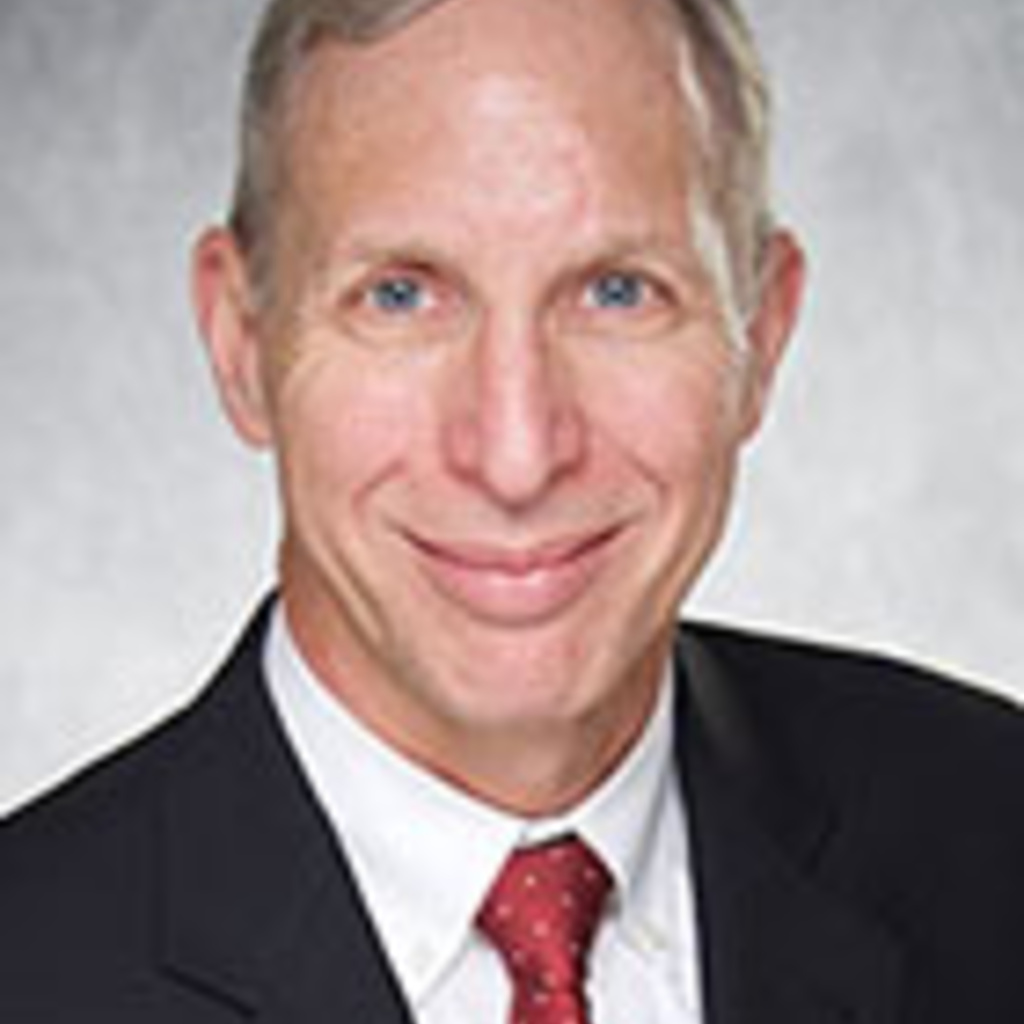Main navigation

Steven Lentz, MD, PhD
Dr. Lentz leads a long-standing basic and translational research program focused on mechanisms of thrombosis and treatment of bleeding disorders such as von Willebrand disease and hemophilia.

Anil K. Chauhan, MTech, PhD
Dr. Chauhan leads a major independent research program, funded in part by an NHLBI R35 award, focused on mechanisms of thrombo-inflammation.
Faculty Roster
Melissa Bates, PhD
Dr. Bates directs a research program investigating effects of hypoxia on vascular function. A major focus of her work is on the effects of hypoxia on bone marrow function and its relation to hematopoiesis and risk of hematologic malignancies, particularly in patients with obesity and sleep disorders.
Jennifer Bermick, MD
Dr. Bermick directs a research program in neonatal immunology and inflammation. She uses human cell culture models and animal models to study the mechanisms driving development of the innate and adaptive immune systems.
Gail Bishop, PhD
Dr. Bishop has led an independent laboratory focusing upon molecular mechanisms of lymphocyte activation since 1989. Her current work focuses on the role of TRAF3 in B cells, plasma cells, and immunotherapy.
Ryan Boudreau, PhD
Dr. Boudreau studies post-transcriptional responses, including disease-related RNA-binding proteins and microRNAs, in blood and vascular tissues using viral vectors, mouse models, human tissues, and cell culture systems using computational and high-throughput biochemical approaches.
Sanjana Dayal, PhD
Dr. Dayal leads an NIH- and VA-funded research program investigating platelet hyperactivation and thrombosis in aging, obesity, and COVID-19.
Rebecca Dodd, PhD
Dr. Dodd studies the microenvironment of bone marrow and connective tissue with a focus on mast cells as immunotherapy potentiators.
Polly Ferguson, MD
Dr. Ferguson is an established investigator who leads a research program exploring the genetic and immunologic basis of autoinflammatory bone and bone marrow disorders.
Enrique C. Leira, MD, MS
Dr. Leira leads the Comprehensive Stroke Center at the University of Iowa and is the PI of the NIH StrokeNet Regional Coordinating Center, an infrastructure he built to increase the participation of rural patients from the upper Midwest in NIH stroke clinical trials. With Dr. Chauhan, Dr. Leira serves as Co-PI of the NIH Stroke Preclinical Assessment Network (SPAN).
Brian Link, MD
Dr. Link is an established clinical, translational and epidemiological investigator in hematology. He has collaborated extensively with clinicians, pathologists, epidemiologists and biostatisticians on projects analyzing genetics and clinical outcomes in lymphoma using large databases including the National LymphoCare Study, SEER-Medicare, and the Women’s Health Initiative.
Paul McCray, Jr, MD
Dr. McCray is pulmonologist who has a long-standing interest in gene therapy for cystic fibrosis and other genetic disorders. A major focus of his work is developing novel gene transfer vectors for treatment of hemophilia.
Manasa Nayak, PhD
Dr. Nayak is a junior investigator who studies platelet metabolism and arterial thrombosis.
Amy Ryan, PhD
Dr. Ryan directs a research program focused on the development and utilization of iPSC models of human disease to overcome a critical lack of model systems that closely reflect disease pathogenesis in humans.
Edward Sander, PhD
Dr. Sander directs graduate and postdoctoral training in the department of biomedical engineering. His research program focuses on multiscale biomechanics of vascular tissue and microvessel formation.
Mark Santillan, MD, PhD, FACOG, FAHA
Dr. Santillan leads a research program in perinatal biology with specific focus on the early mechanisms in the development of preeclampsia, including immunological and vascular function changes during pregnancy.
Anjali Sharathkumar, MBBS, MD, MS
Dr. Sharathkumar is a pediatric hematologist who directs the University of Iowa Hemophilia Treatment Center. She leads a federally-funded clinical research program in hemophilia, sickle cell disease, and complex hematological disease.
Andrean Simons-Burnett, PhD
Dr. Simons-Burnett studies redox signaling pathways, including glycolysis, endoplasmic reticulum stress, and autophagy, in response to oxidative stress and inflammation.
Douglas Spitz, PhD
Dr. Spitz is a renowned redox biologist who leads the Free Radical Research Core Laboratory. Much of his work has focused on the impact of redox biology on cancer therapy, but in recent years he has developed a major interest in endothelial and platelet redox mechanisms of vascular disease and thrombotic disorders.
Janice Staber, MD
Dr. Staber leads both preclinical and clinical research projects in hemophilia, including developing integrating vector systems for gene therapy and defining effects of cerebral microbleeds and neuroinflammation on brain structure and behavioral changes in hemophilia A.
Anna Stanhewicz, PhD
Dr. Stanhewicz's research focuses on microvascular physiology, mechanisms of vascular function and dysfunction in cardiovascular and metabolic disease, and interventional approaches to prevent cardiovascular disease in high-risk populations.
Eric Taylor, PhD
Dr. Taylor is an established investigator who uses physiologic, genetic, and molecular approaches to illuminate metabolic networks and the mechanisms by which they regulate mitochondrial metabolism and cellular function in multiple cell types, including endothelial cells and platelets. He also directs the Metabolomics Core Facility used by several program faculty members.
George Weiner, MD
Dr. Weiner is an established investigator and immunologist who directs a large basic and translational research program investigating lymphoma immunobiology. He is the PI of the HCCC support grant (CA086862) and the Iowa/Mayo Lymphoma SPORE (CA097274).
Ling Yang, PhD
Dr. Yang leads a research program focused on cellular and molecular mechanisms of metabolic disease in obesity, including organelle stress responses and autophagy in obesity-associated thrombosis.
Leonid Zingman, MD
Dr. Zingman is an established investigator who studies metabolism and energy efficiency in obesity and angiogenesis.